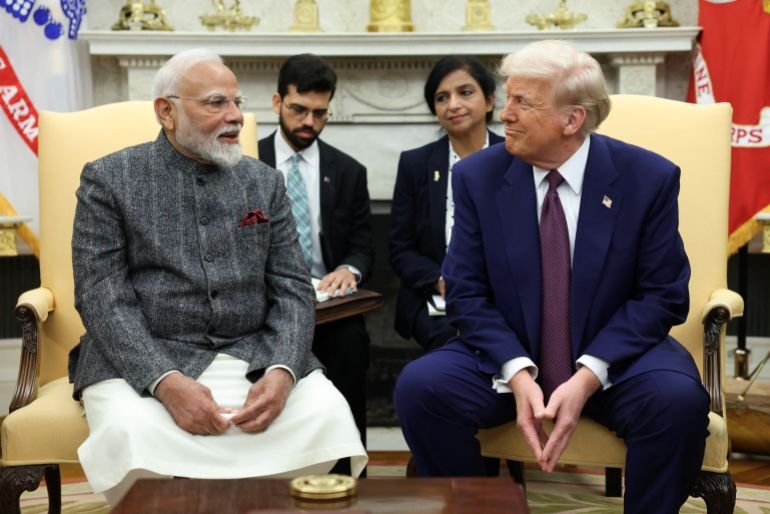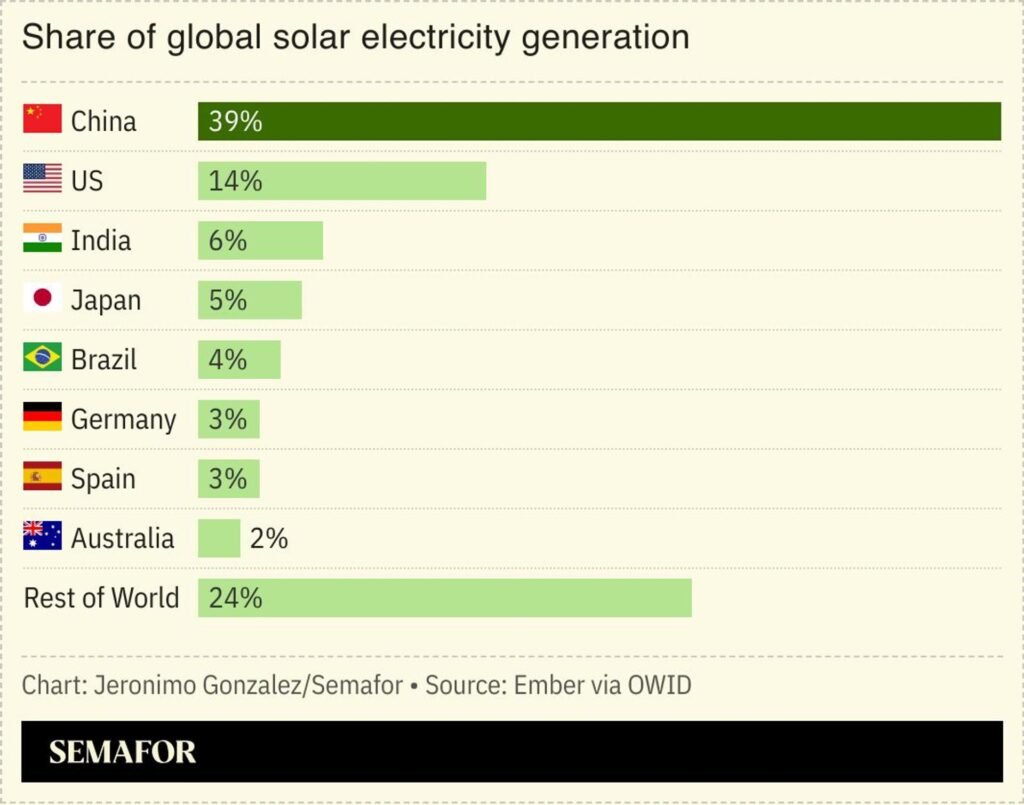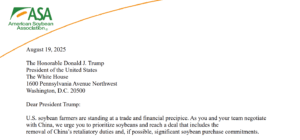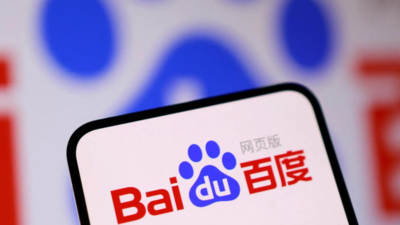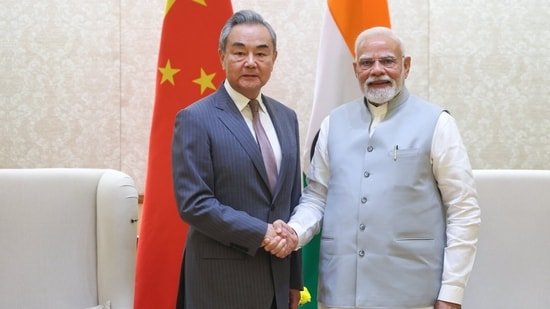CHRISTCHURCH, New Zealand — Once tempted to ditch its acquisition of a Chinese-built S26T diesel-electric submarine, Thailand has decided the project will now proceed.
The cause of the indecision was China’s failure to obtain German diesel engines for the submarine, and its proposal to substitute Chinese variants instead.
However, the Thai Cabinet approved a contract amendment on Aug. 5, which permits this project to recommence after it had remained dormant since 2021.
Bangkok ordered this solitary S26T submarine on May 5, 2017, although it had originally wanted three submarines until fiscal constraints scuppered this plan.
Wuchang Shipbuilding Industry Group subsequently laid the boat’s keel in Wuhan on Sept. 5, 2019.
Replacement engines
The Thai government had stipulated that the 2,600-ton boat must use German-manufactured MTU 396 diesel generator sets.
When Germany refused to supply these engines, China Shipbuilding & Offshore International Co (CSOC) then proposed to utilize equivalent Chinese-made CHD620 engines to resurrect the project.
Bangkok was reluctant to do so, however, over concerns about the quality and longevity of Chinese engines. The Royal Thai Navy — or RTN — next conducted a series of studies and stipulated that China must certify these CHD620V16H6 engines to assure their reliability.
After China bench-tested the engines for more than 6,000 hours, the RTN issued its conclusion.
“It demonstrates a quality comparable to the original engine,” the RTN stated, “in accordance with the performance limits specified in the agreement, and does not affect the submarine’s performance.”

Bangkok simultaneously requested compensation, with Beijing agreeing to assistance worth US$24.7 million. This includes China extending the warranty and maintenance support from two to eight years; providing future equipment and weapons; and giving support for submarine simulators.
It is unclear what weapons the RTN will receive, but the package presumably includes heavy torpedoes, sea mines and perhaps anti-ship missiles like the CM-708UNB.
Following August’s approval, China now has until December 2028 to finish the submarine. Originally slated to enter service in 2023, the vessel is currently 64% complete.
So far, Thailand has paid CSOC 7.7 billion baht, about US$237 million, across 10 instalments. Another 5.5 billion baht, or 37% of the submarine’s cost, remains outstanding.
Lessons learned
This saga raises several issues. First, there was contractual laxity on the part of both China and Thailand, which assumed there would be no issue obtaining MTU engines. This proved not to be the case.
Secondly, why did Germany block the export of these engines? Ostensibly it was because of a EU embargo imposed in late June 1989 in the wake of the Tiananmen Square massacre, with the German government confirming to Defense News that this 1989 declaration listed “an embargo on trade in arms with China.”
However, countries like France and Germany have not rigorously applied the embargo. For example, China has manufactured hundreds of Z-9 helicopters based on the Airbus Dauphin. Similarly, Chinese warships and submarines are commonly powered by German-derived engines.
“The Chinese and the Thais were in agreement, and then suddenly the Germans threw a spanner in that wheel, which is somewhat surprising,” said Siemon Wezeman, a senior researcher at the Stockholm International Peace Research Institute.
Wezeman noted the engines themselves “are not supersensitive,” and “similar MTU engines have been actually sold by Germany to China.”
However, he suggested Germany may have reevaluated its policy, and that dual-use items destined for China’s military are now being more strictly policed.
Wezeman even suggested the deeper problem Germany had might lie in the end user of the submarine being Thailand, rather than the builder being China.
Thailand has been under military rule since a 2014 coup, and Germany previously blocked the sale of engines for Ukrainian-built BTR-3E 8×8 armored vehicles to Thailand.
Thirdly, there is the important question of what engines Chinese submarines use. If China had to put the CHD620 through a qualification regime to satisfy Thailand, this indicates the People’s Liberation Army Navy has not been using these engines on its own Type 039 submarines. Whose engines, then, has it been using?
Defense News approached MTU numerous times for comment on the issue of selling engines to China for naval use, but the company failed to respond as of publication.
Wezeman said it becomes hazy to what extent China is producing or buying foreign engines.
“As far as we know, there’s still production going on in China of engines of originally French and German design,” he said. “Very often this is under an agreement which is very old.”
The Pakistan Navy has eight similar Chinese-designed Hangor-class submarines under construction as well. These will use the same CHD620V16H6 engines.
Thailand’s submarine purchase was emblematic of closer ties between its junta-led government and Beijing, as ties with the U.S. waned after the 2014 coup d’état.
In fact, Australian scholar Dr. Greg Raymond concluded that “the preponderance of evidence suggests that Thailand’s submarine procurement was not solely about capability, but also intertwined with geopolitics and diplomacy.”
Raymond found evidence that the Thai government “exerted pressure on the navy to select the Chinese submarines,” even though European and South Korean alternatives offered better performance.
Gordon Arthur is an Asia correspondent for Defense News. After a 20-year stint working in Hong Kong, he now resides in New Zealand. He has attended military exercises and defense exhibitions in about 20 countries around the Asia-Pacific region.



